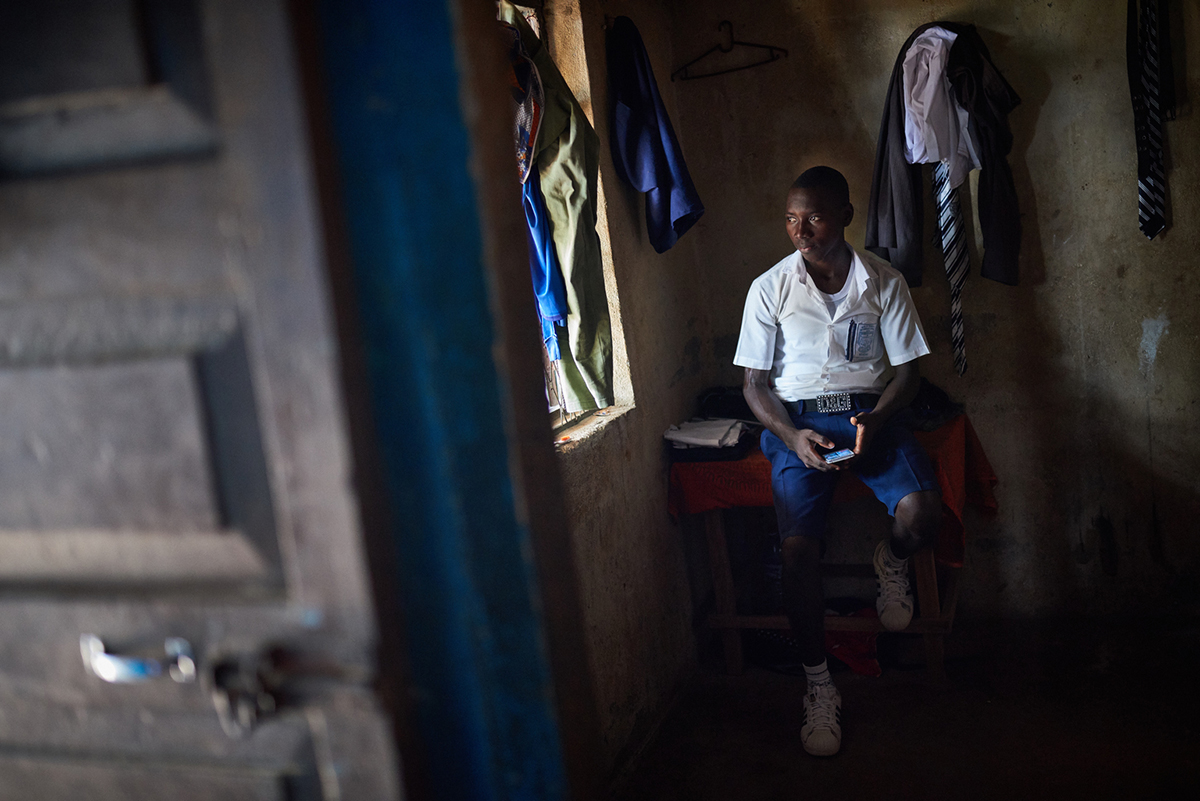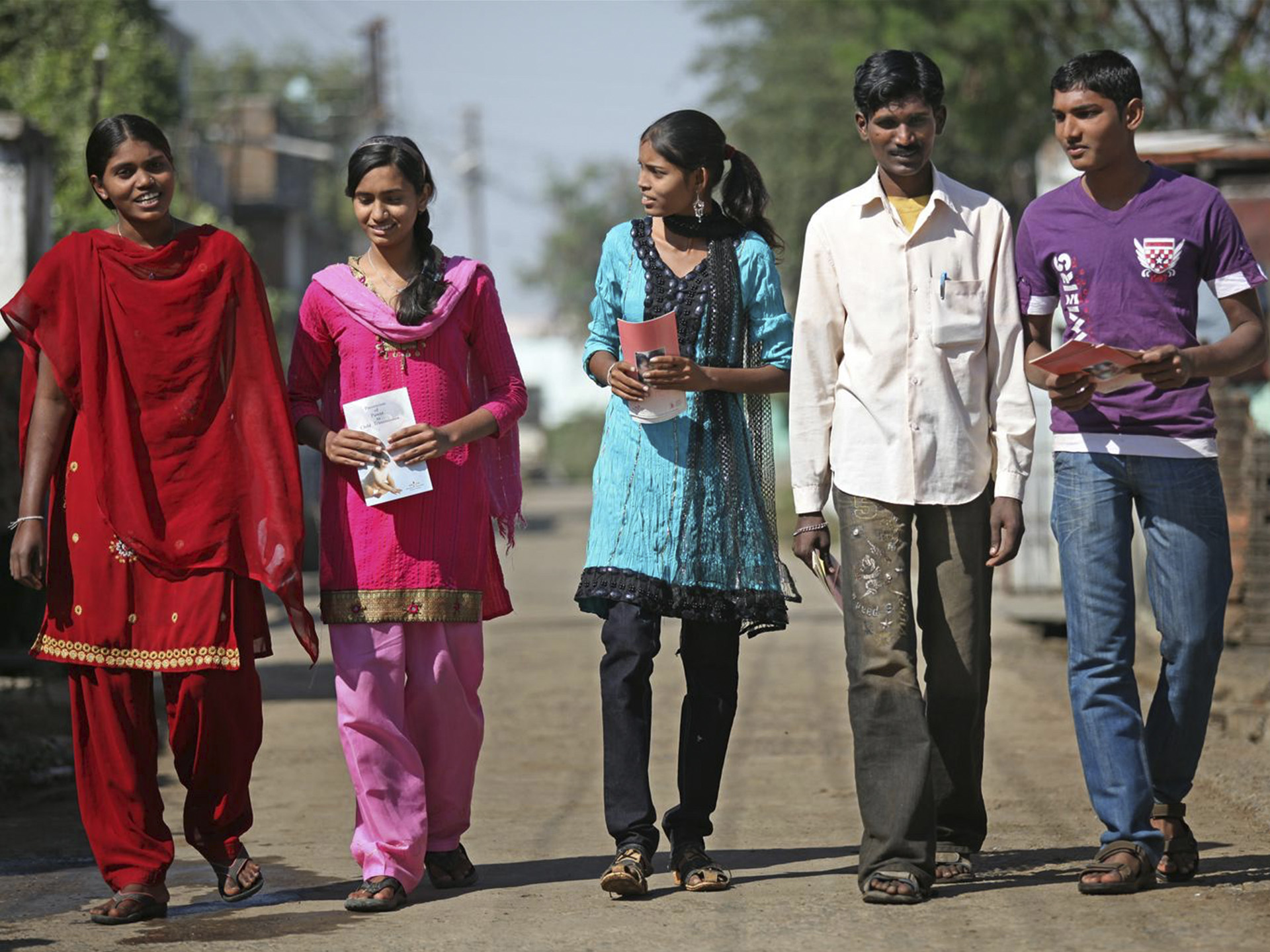The first step to taking action to end SRGBV is to understand what it is and how it impacts learners globally.
SRGBV is any act or threat of sexual, physical or psychological violence happening in and around schools, as a result of gender norms and stereotypes, and enforced by unequal power dynamics.
Forms of SRGBV include corporal punishment, physical and psychological bullying, gender discrimination, sexual harassment and rape.
Globally, an estimated 246 million girls and boys experience some form of school-related violence each year.

SRGBV happens in every country around the world:
- In Zambia, nearly a third of students (32.8% of girls and 31.7% of boys) were found to have been forced to have sexual intercourse by fellow students or teachers.
- Over 55% of self-identified LGBTQI+ students in Thailand reported being bullied.
- In Europe, children with disabilities are four times more likely to experience SRGBV.
- An estimated 60% of children in the Caribbean have witnessed violence in their own schools, leading to fear, absenteeism and school dropout.
- Over 60% of LGBTQI children in Chile, Mexico and Peru were reported to been bullied compared to 7% of heterosexual students.
The figures we have on the prevalence of SRGBV are likely lower than the reality as young people subjected to it are often afraid of reporting violence, especially when the perpetrator is an authority figure such as a teacher or school official. Another reason young people may not report violence is that some fear their parents may pull them out of school because of it. Fear and feeling unsafe in school is also one of the most commonly reported reasons children miss school.

